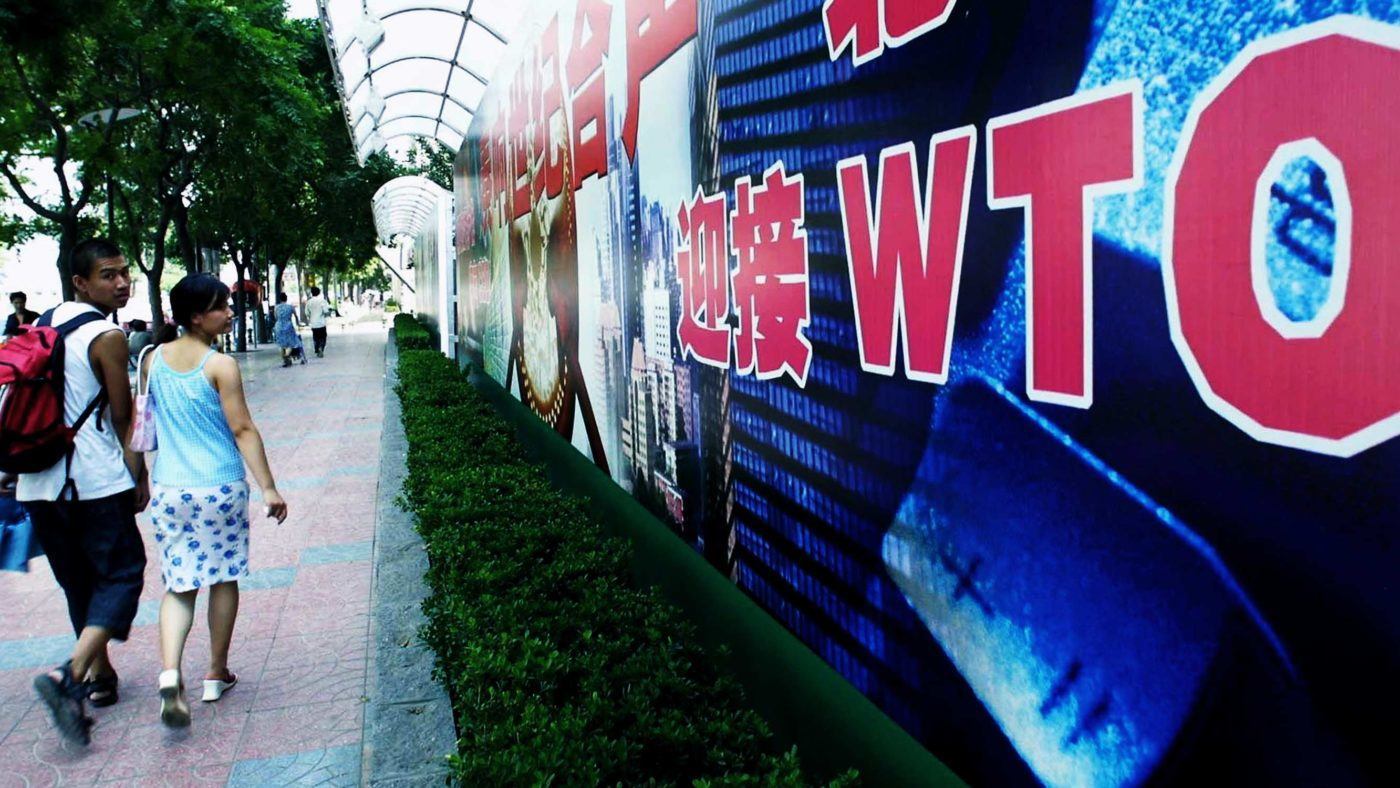In 2001, China signed the protocol for accession to the WTO. At that time, most western countries believed China would soon embrace democracy and free markets. Therefore, they agreed upon a limited period of 15 years for certain strict anti-dumping procedures and duties specific to China. They assumed that those measures would undoubtedly be unnecessary long before December 2016. Well, here we are now: this has clearly not proved to be the case. What’s more, according to China’s interpretation, section 15 of the protocol forms a legal basis to argue that the WTO and its members – including the European Union – are bound to recognise China as a market economy.
The problem of interpreting section 15 was raised for the first time in 2007, when the European Industrial Fasteners Institute sent a formal complaint to the European Commission requesting it open an anti-dumping proceeding against some Chinese companies, charged with predatory pricing surrounding the production and sale of certain iron and steel fasteners. At the end of the investigation, the European Commission imposed a 85% country-wide duty upon the import of fasteners from China, although mitigated by several exceptional and comparatively lower individual duty rates.
China responded claiming that the EU legal treatment of Chinese exporters was inconsistent with the rules arising from its accession protocol to the WTO. This states that the importing WTO member is entitled to determine price comparability using a special methodology, not based on a strict comparison with Chinese domestic prices or costs, unless the producers can clearly demonstrate that their industry is subject to market economy conditions. In this case, China argued, the WTO member must use Chinese prices or costs in determining price comparability.
In the appeal, the EU, for its part, claimed that section 15 of the accession protocol defines China as a non-market economy, certainly for the purpose of adopting anti-dumping measures. This claim is rejected by China.
The EC-Fasteners case has opened Pandora’s Box. Since then, geopolitical pressure on the issue has skyrocketed, as China has often encouraged the European Union and other WTO members to eventually grant it the “market economy” status. Notably, political considerations have stifled any understanding of the law, as if it is ultimately nothing more than a futile trinket.
In 2001 the WTO probably had confidence in the rapid transformation of the Chinese economy, and in its transition to a market economy in 15 years. Today, a few months before the decisive date, we are still left with the question of what will happen. It would be short-sighted to accuse China of wanting to ignore the rules: the rules themselves are not clear, as has been demonstrated by the fact that this issue has become so political.
One thing is certain: we will soon need a new intervention by the WTO to resolve the issue. The hope, in this sense, is that the WTO will interpret this rule more consistently with the general rules than it did within the EC-Fasteners case. The intent of section 15 must be taken into consideration: we cannot act as thought it does not exist, irrespective of whether or not China’s “market economy” status is good news for global politics.


